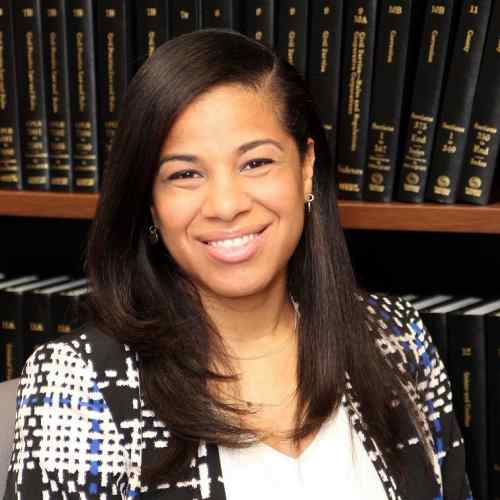Co-Creating Indigenous Futures: Finding My Place as a
Haudenosaunee Woman in Academia, Land Sovereignty, and Healing Justice, March 4, 4pm, Gateway Event Center
Abstract: Stephanie Morningstar, Oneida (Turtle Clan),
discusses the evolution of her work as a student, activist, earth-worker,
herbalist, and Indigenous Knowledge Mobilizer within her community, the
academy, and institutions to advance land, food, water, and non-human
sovereignty as a step toward decolonization. We will explore the intersections
and legacy of settler colonialism through stories of how intergenerational
trauma, racialization, and systemic racism compound health disparities; and how
land and access to land is directly implicated in the extractive economies and
ideologies that have led to the current climate crisis. This brief glimpse into
the life of one singular story in a greater constellation of climate activists,
front-line land and water defenders, medicine makers, researchers, farmers,
healers, and emergent strategists is intended to activate and share a
multi-faceted, multi-disciplinary approach to building community-driven,
meaningful, equitable solutions and adaptations to our current shared legacy of
colonization and how we can collectively heal together toward a radically
beautiful future.
Bio: Stephanie Morningstar (OnΛyota'a:ka – Oneida, Turtle clan,
Haudenosaunee Confederacy) is an Herbalist, soil and seed steward, scholar,
student, and Earth Worker dedicated to decolonizing and liberating minds,
hearts, and land- one plant, person, ecosystem, and non-human being at a time.
Stephanie grows medicines and food for front line activists and communities of
color at Sky World
Apothecary & Farm. She serves as a
Leadership Council member for the New England
Women’s Herbal Conference and the International
Herb Symposium where she has collectively
worked to decolonize learning spaces for her community. She is the
Co-Coordinator of the Northeast Farmers of Color Land Trust where she works to liberate land and resituate Indigenous
and Diasporic peoples’ roles, responsibilities, and covenants to the land as a
direct response to land dispossession, health disparities, and the ongoing
climate crisis. Stephanie is also an Indigenous Knowledge Mobilization
Specialist for Global Water Futures,
where she helps Indigenous-led projects to advance the understanding of
traditional knowledge and western knowledge indicators by working together to
research and aid in water governance, food security, sediment restoration,
water security, climate change and human and ecosystem health in Indigenous
communities. She is in love with a beautiful human named Noel, who she has
shared her life with for over 10 years. They currently live on Dish With One
Spoon Wampum Agreement territory, also known as Niagara, Ontario.
This program is cross-listed with the Center for Native Peoples and the Environment.
For more information about the Women in Scientific and Environmental Professions Speaker Series, contact Heather Engelman, engelman@esf.edu or 315-470-4752
For more information about the Women in Scientific and Environmental Professions Speaker Series, contact Heather Engelman, engelman@esf.edu or 315-470-4752
